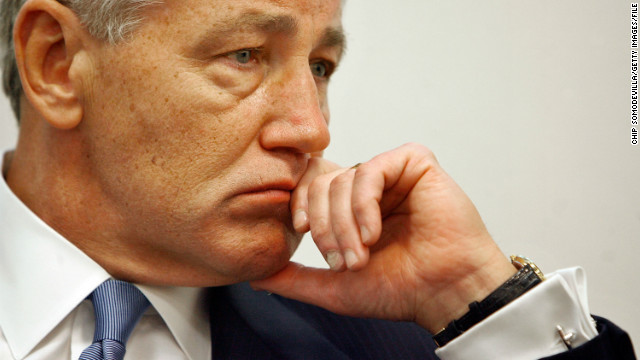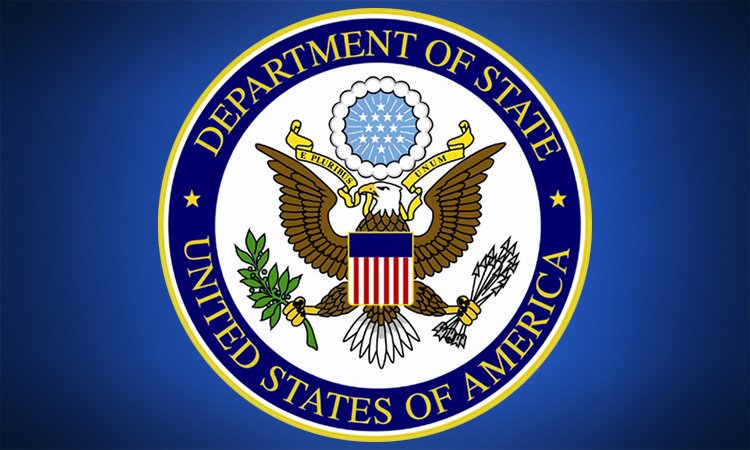By: Andrew Jarnagin
America is stretched thin.
It is weary of war after the quagmires of Iraq and Afghanistan, anxious from staring down Iran in what could become another hot conflict, and hopeless given its inability to quell the growth of extremism in Pakistan, Yemen, and Mali – and all of this amidst a “pivot to Asia.” In addition, the Pentagon faces domestic woes, including sequestration cuts that would be, in the words of outgoing Defense Secretary Leon Panetta, simply “a disaster.”
Enter Chuck Hagel, a former Republican Senator from Nebraska and President Obama’s nominee for Secretary of Defense. Four qualities set Hagel apart as an ideal candidate.
First, he has experience as a soldier – he fought in the Vietnam War and was awarded two Purple Hearts. Knowing the human cost of war, Hagel will use restraint when making the grave decision to send Americans into battle.
Second, as a former senator, he knows how Washington works and will be a useful ally to the President when bargaining with Congress. He is respected among Congressional colleagues and may prove useful in bridging the growing divide between chambers.
Third, Hagel is well-versed in the academic and theoretical aspects of international relations – before his nomination, he was lauded for his teaching ability as a professor at Georgetown University.
Fourth, Hagel has never been reluctant to speak his mind, even when he runs against conventional wisdom and accepted orthodoxy. Colleagues in the Senate and elsewhere, even those who disagree with him on specific policy issues, have endorsed him for his commitment to independent thinking.
In brief, Hagel holds a moderate foreign policy approach, emphasizing diplomacy, restraint in the use of military force, and a common-sense policy of building trust and goodwill between America and the rest of the world. In his words, “a wise foreign policy recognizes that U.S. leadership is determined as much by our commitment to principle as by our exercise of power.” Hagel first voted for the wars in Afghanistan and Iraq, but later became sharply critical of the Bush administration’s handling of the conflicts. In a 2004 essay for Foreign Affairs, Hagel outlined a thorough and nuanced strategy for America in the 21st century.
If anyone is qualified to run the Department of Defense at a time like this, it is Chuck Hagel. He has received endorsements from a number of respected names in the foreign policy world, among them Madeleine Albright, Thomas Friedman, Nicholas Kristof, five former ambassadors to Israel, and four national security advisers. However, there has been a firestorm of controversy over his nomination, led by groups who decry his refusal to march to the drum of the Israel lobby. And while Hagel is firmly pro-Israel, he has refused to toe the line set by AIPAC and other rabidly hawkish pro-Israel lobbies in the U.S.
Hagel first raised red flags when, as a U.S. Senator, he stated that “the Jewish lobby intimidates a lot of people” on Capitol Hill. But the more telling quote comes later in the interview, when he says, “I’m not an Israeli senator. I’m a United States Senator. I support Israel, by my first interest is I take an oath of office to the Constitution of the United States – not to a president, not to a party, not to Israel. If I go run for Senate in Israel, I’ll do that. Now I know most senators don’t talk like I do.”
The idea that an American official’s qualification for office is dependent on his or her unequivocal support of any and all Israeli policies is utterly nonsensical, yet it carries significant political weight in Washington. Hagel’s willingness to speak honestly in this regard will prove beneficial both to the U.S. and Israel – we will not find ourselves tied into
a restrictive habit of mindlessly rubber-stamping Israel’s actions, and moderate voices in Israel will gain a podium when the hawks, led by Netanyahu, realize that America will not back Israel’s policies by fiat.
With Chuck Schumer’s promise of support (after a personal meeting with Hagel), the last barrier to Hagel’s nomination has fallen. President Obama’s choice of Chuck Hagel as Secretary of Defense will lead to a more restrained, thoughtful, and multilateral foreign policy over the next four years.

